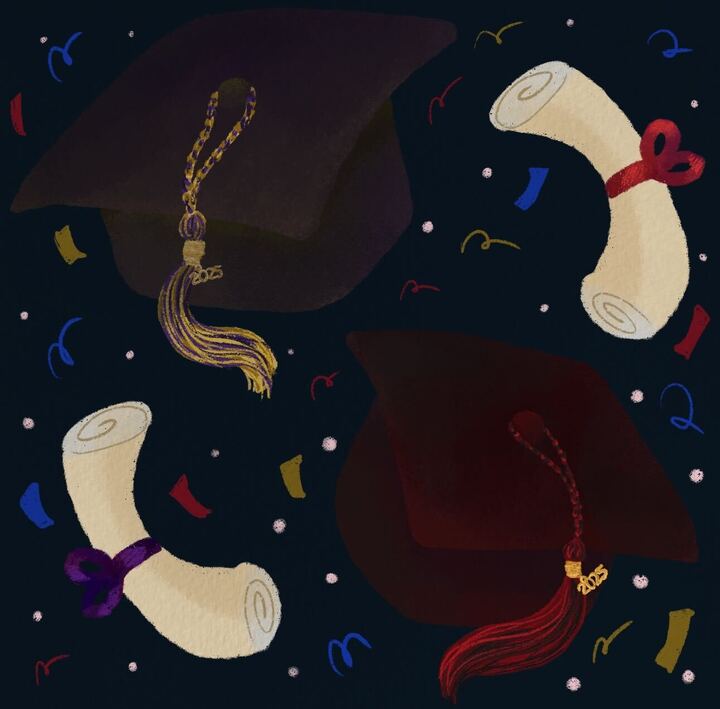The average citizen has long been a part of not just consuming news, but also assisting the mainstream media in gathering and reporting it. Radio and television stations are always inviting their audiences to call in with tips and accounts of unfolding news events in their neighborhoods. Web sites like CNN’s iReport afford their contributors an opportunity to provide original stories or recount their stake in major regional, national, and even international news.
Twitter and other social networking services are paving the way for an evolution of citizen journalism, facilitating the rapid dissemination of information to a vast audience, but it comes at the expense of the usual filters and vetting associated with reporting done by trained and experienced journalists. This is word of mouth at its finest; one only needs to click a few buttons to broadcast a 140-or-fewer character tweet to their followers, who might then spread it to their own followers. Repeat this just a few times, and the news could spread like wildfire, informing a worldwide audience about an important and ongoing event within minutes—possibly beating major news organizations to the punch.
But let’s backtrack for a second and see where this might go horribly wrong. What if 100 people—each with followers and readers they know and trust—got together and tweeted something they all know to be plausible but completely false? The actions of a relative few could easily cause panic and undue harm to everyone who receives the information—the digital equivalent of yelling ‘fire’ in a crowded theater when there really is no imminent threat.
As people are finding ways to receive news more efficiently in their increasingly busy lives, it’s becoming easier to take falsities as gospel. One might not have the time or the know how to verify what might be flashing on their cell phone or computer screen. The integrity of citizen journalism could potentially slip out of the hands of the media organizations that have played the role of keeping it in check.
There is no denying the power of citizen journalism, Web sites and social networking services to shed light on a situation in which the mainstream media have limited or no access. One recent example is Twitter’s prominence during protests stemming from the last presidential election in Iran.
But individuals and large organizations alike can also fall victim from postings on citizen journalism sites owned and operated by legitimate entities. As reported by InformationWeek in 2008, CNN dealt with a false report on its iReport service that Apple CEO Steve Jobs had suffered a heart attack. The false news had an immediate negative impact on Apple stock, which was eventually reversed after Katie Cotton, Apple’s vice president of worldwide communications, declared that the report was not true.
One could easily believe that, because the CNN name was plastered onto this report, this event was true and would be followed up on (as the original post cited an anonymous source who was “quite reliable”). Although CNN makes it clear that posts on iReport are the responsibility of their contributors and that CNN’s name is attached only to stories vetted by the organization, any of its posts are still subject to propagation on other media.
The Huffington Post, an online news organization, asks of its contributors much of what other organizations ask of their trained staff reporters: objectivity, the avoidance of hearsay, attributing information obtained from sources, and conducting fact-checking whenever possible.
This could be difficult in the spur of the moment when one pulls out their phone and tweets, but the Huffington Post’s standards can and should be applied in all types of citizen reporting, regardless of the medium.
As the news landscape continues to be reshaped by the adoption of new technologies, citizen journalists continue to play a valuable role in filling the gaps left in the media by offering their reporting and opinions on the stories that matter to them. But with this evolution comes new responsibilities: for consumers, the responsibility to take what they hear from questionable sources with a grain of salt, and for citizen reporters, the responsibility to use their new tools for disseminating news wisely.





